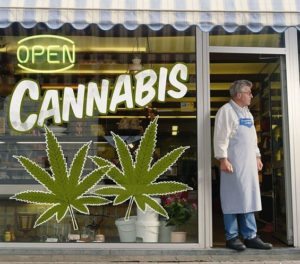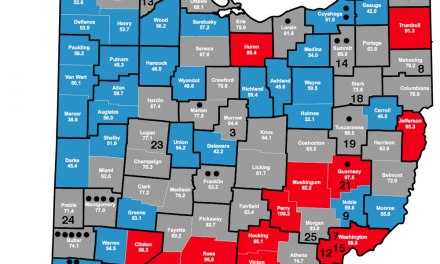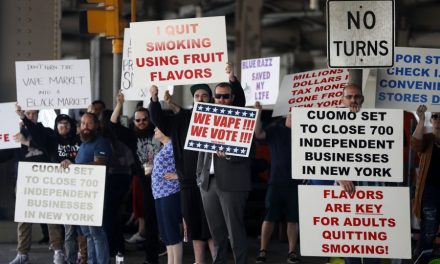Okay, I confess– it was the term Ganja Glut that caught my eye when I stumbled on this article.
The subject: Gross overproduction of cannabis in the state of Oregon in the wake of full legalization. How bad have things gotten? The state has reached the point of mandating the destruction of surplus cannabis crops, in an effort to keep the excess product from finding its way onto the black market.
I doubt it’s that easy. We can understand how difficult it must be for somebody who went to the trouble of growing quality pot for sale to then turn around and deliberately burn the stuff. In addition to the work involved, those bundles represent real money. All you’d need is to slip across the state line to cash in.
Thus some pretend the crop was destroyed while secretly smuggling it out of state. One anonymous grower let a friend convert it to shatter, a wax-like concentrate rich in THC (up to 80%), which has a rapidly expanding customer base of its own. Since concentrates take up less space than bales of marijuana, and are less likely to be discovered in transit, it’s a relatively low risk venture. And that same crop allegedly brings 15 times more than in would in its home state of Oregon.
As the economists like to say, the incentives are on the wrong side.
Among the first entrepreneurs to seek licenses when cannabis became legal were people crossing over from a career in the black market. They were tired of worrying about arrest and incarceration, or having their crops seized by the gendarmes. To them, legal weed was the golden road to riches. Instead, many went flat bust.
Clearly, Oregon should have made licenses less available in the first place. Imposing regulations now will draw protests, but the real culprit was poor planning. Still, that’s understandable too. When the pressure is on, politicians can experience lapses in judgment.
By the way, cannabis– particularly in that concentrate form– is easy to ship by mail (not unlike the fentanyl that arrives daily from China). When businesses start to fail, they’ll try anything to earn back some of those losses. Take risks they might not otherwise take.
The article quotes growers in Oregon speculating that if they could only ship their products to other states back East, it would help alleviate the escalating problem of synthetic marijuana in those areas. Frankly, I question that. After all, the synthetics aren’t really marijuana, which experienced users already realize. They’re just plant material treated with chemicals. Users seek out synthetics not because they resemble pot but because they’re actually cheaper and stronger than the real thing. I don’t see how that would change much if we added Oregon pot to the mix.












